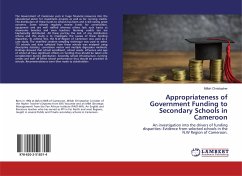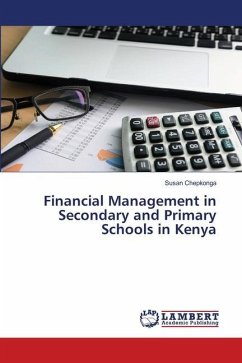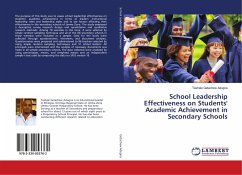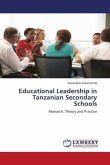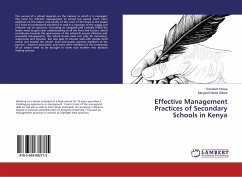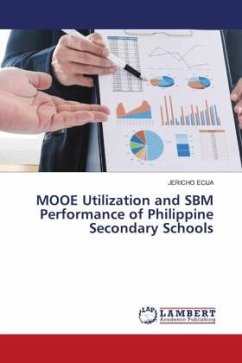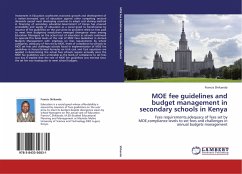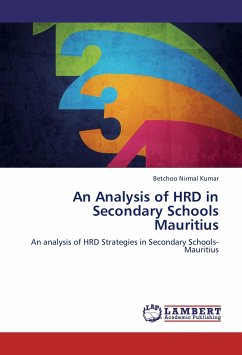The Government of Cameroon puts in huge financial resources into the educational sector for investment projects as well as for running credits. The distribution of these funds to schools has been and is still raising great concerns. Some schools regularly receive funds for construction, equipment and are well staffed whereas others lack such basics as classrooms benches and even teachers. Running credits too are haphazardly distributed. All these portray the lack of any distribution criteria and this study is to investigate the causes of these funding disparities. To achieve this, the N.W Region of Cameroon was used as a case study. The stratified random sampling technique was used to select 115 schools and data collected from these schools was analyzed using descriptive statistics, correlation matrix and multiple digression methods. Findings showed that school enrollment, school needs, influence and age of school all have significant effects on funding thus should be taken into consideration during distribution. Secondly, school infrastructure, running credits and staff all affect school performance thus should be provided to schools. Recommendations were then made to stakeholders

